Rocco DeLuca has learned to hear the complexity within simple musical gestures. "An orchestra tuning up at the beginning [of a concert] … that's the most exciting part for me," he says, deep into our conversation. "How's it gonna get better than that? Everybody's reaching for the note, right? It's exotic because they've abandoned the Western philosophy when they're tuning up and they're pulling everything. There's all this microtonal information. Things are rubbing and harmonizing all over the place, there's a billion worlds, and then they're gone as they achieve it."
This serves as a good introduction to DeLuca's musical philosophy. Whether he's playing guitar, lap steel, or pedal steel, he gravitates toward what often seem like simple harmonic, melodic, and rhythmic choices. But if you listen attentively, his ideas carry considerable depth, as if there is a journey informing everything he plays.
Like any lifelong artist, DeLuca's path has been a winding one. His father was a guitarist who worked with Bo Diddley, and Rocco was drawn to pick up the guitar at a young age. Early in his career, he performed opening slots for masters such as Taj Mahal and John Lee Hooker. In the mid-2000s, he was working as a bluesy alt-rock singer/songwriter in the tradition of the late Jeff Buckley when Kiefer Sutherland signed DeLuca to his Ironworks label for his 2006 debut, I Trust You to Kill Me. Since then, he has handled quite a bit of soundtrack work for films and TV, and even made a guest appearance on Slash's 2010 solo debut.
We got into a thing and I thought, 'That's the sound I'm looking for right there. I want this all the time and I never want to hear anything but this.'" —Rocco DeLuca
DeLuca's discography tracks his progress into a nuanced singer-songwriter, culminating in his most recent solo album, the ruminative and atmospheric Live Off the Floor, from 2018. But his longtime collaboration with Daniel Lanois deserves special attention. The legendary producer/guitarist/songwriter is, like DeLuca, a bit of a seeker. He has a knack for uncovering musical truths, whether in the form of standout recordings by artists such as Bob Dylan, Emmylou Harris, Willie Nelson, and Neil Young, or albums under his own name. He must have heard something special the night he first heard DeLuca play.
"I had just come back from a four-year tour," DeLuca says. "On the day I arrived home, my friend over at [former L.A. club] Spaceland called me and said, 'A band just canceled, will you come play the set for me tonight?' I went down there and I was in good form, and Dan was right there in the front, singing harmony the whole time. Every song."
Soon, Lanois was handling production duties on DeLuca's 2009 album, Mercy, setting the stage for their long and fruitful creative partnership. In Lanois, DeLuca found someone who could push him and help him develop his sound; in DeLuca, Lanois found a simpatico musical foil who would help bring some of his own ambitious projects to life. "Rocco Deluca has the magic fingers, one of the best fingerpickers I've ever played with," Lanois says. "Rocco's dynamic range on the slide guitar can swing from delicate to dark metal. I love it!"
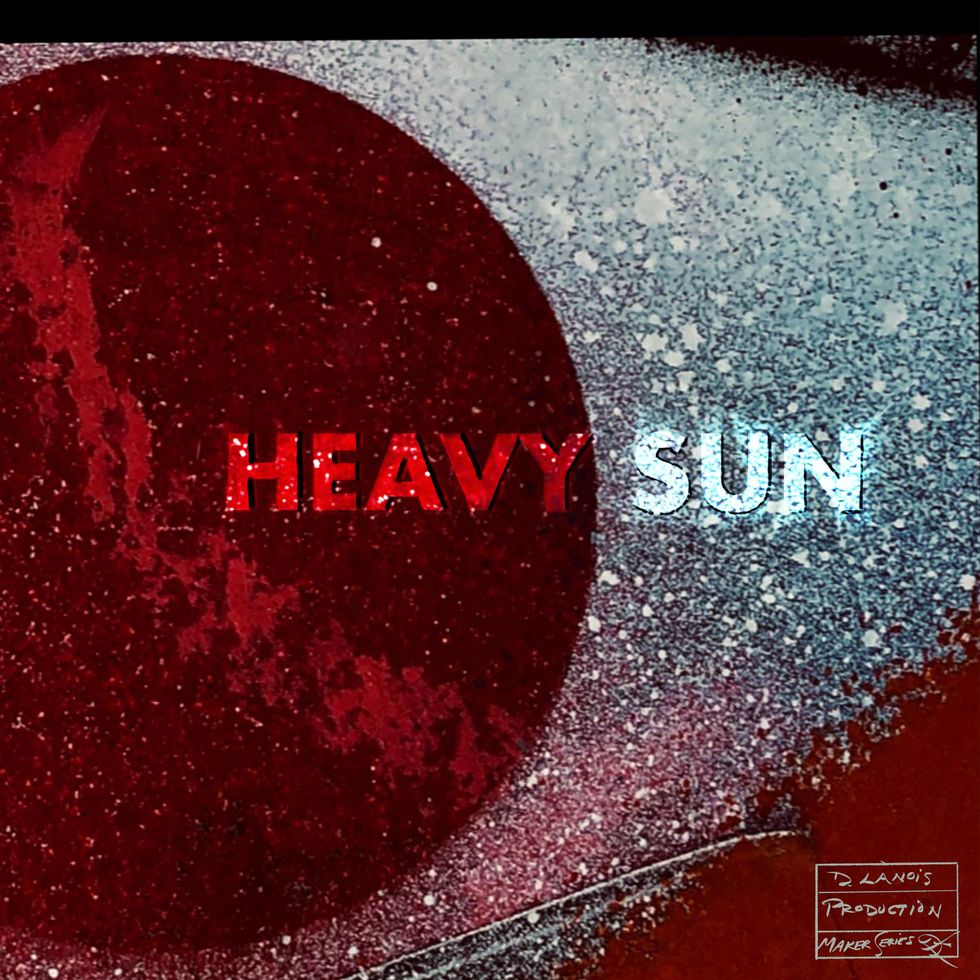
TIDBIT: When Rocco DeLuca, Daniel Lanois, and bassist Jim Wilson started working with Johnny Shepherd, they focused on singing four-part harmony around Shepherd's Hammond organ long before picking up their guitars.
And yet, DeLuca's musical personality is recognizable across his range of instruments, whether he's playing his 1976 Les Paul Custom, or his Sho-Bud or Franklin pedal steels, and whether he's amplifying his sound with his go-to 1948 Fender Pro or his Pignose. One instrument that sets him apart is his 8-string baritone lap steel, custom-made by California–based luthier Pavel Maslowiec. "He built me one of the most beautiful baritone steels I've ever heard in my life," DeLuca exclaims. "It's all out of mahogany and it's all business. A simple piece of wood. We went down to Santa Barbara and Seymour Duncan wrapped me a badass humbucker. It's the best tone I've ever heard of any kind, without a doubt."
It doesn't just sound great, it has a hidden superpower as well. DeLuca tells us that Maslowiec "put a magnet inside of there that I can kick in to hold one string like a theremin. So, if I'm playing and we're getting to that place and I don't want to get louder but I want to get more melodic and more defined, I kick this in and I can play these beautiful chords and it will hold my melody line through the whole thing. It's one of the coolest things."
DeLuca realized the power of this instrument when Lanois took him on a European tour where he performed a solo opening set on the baritone lap steel. "I was really excited to play that instrument by itself so it could be truly heard," he says. "We were going to Europe and playing these beautiful theaters, and I got the chance to really hear that thing sing. When I would play a theater, it was amazing how much sound and dynamic and dimension is in that instrument."
Rocco DeLuca's Gear
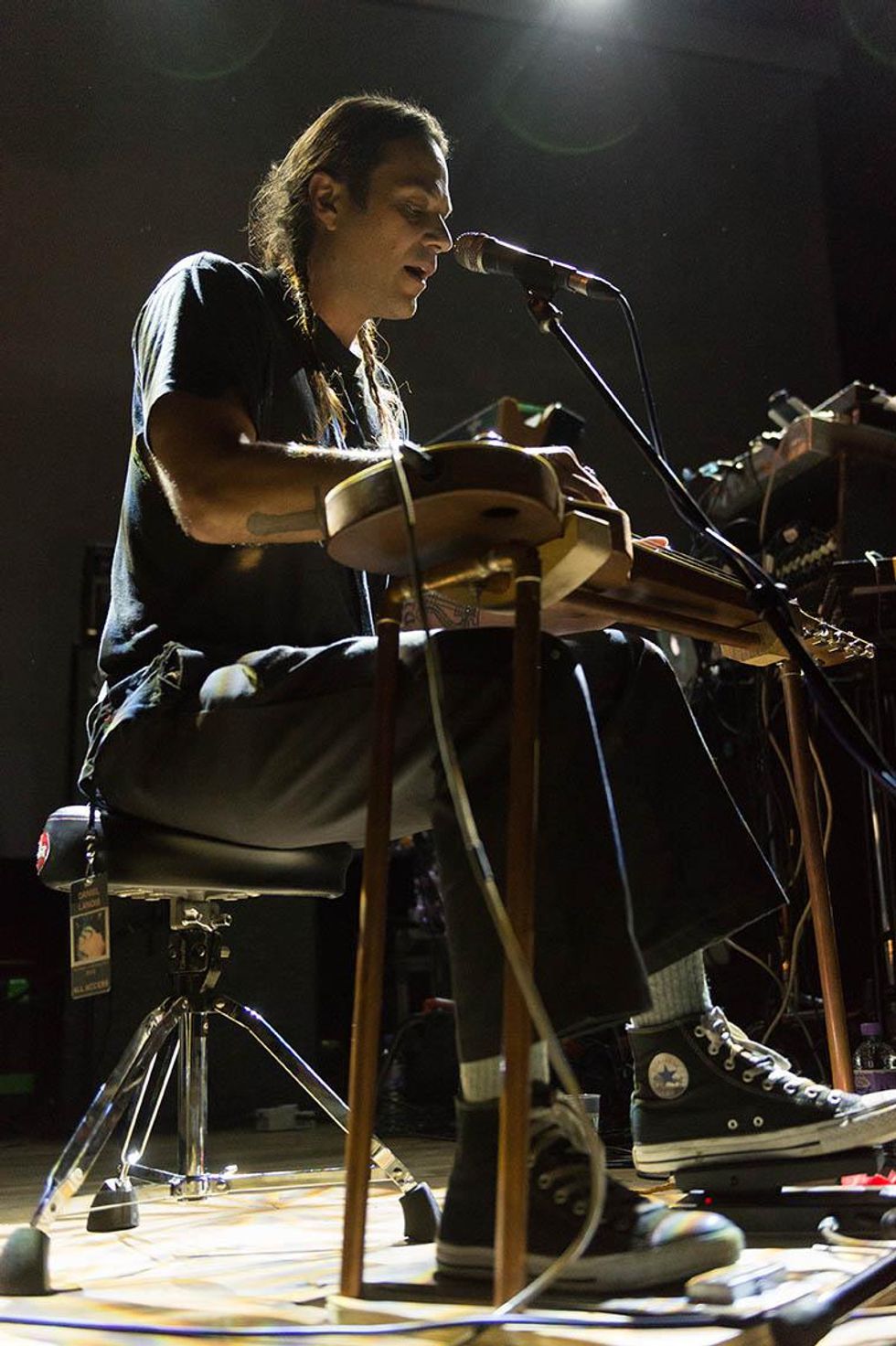
"The best tone I've ever heard," says DeLuca of his 8-string Pavel Maslowiec–built mahogany lap steel, which includes a handwound Seymour Duncan humbucker.
Photo by Simon Reed
Guitars
- 1976 Gibson Les Paul Custom
- Pavel Maslowiec Baritone Lap Steel
- 1970 Sho-Bud 12-String Pedal Steel
- 1980s Franklin 12-String Pedal Steel
Amps
- 1948 Fender Pro
- 1959 Fender Princeton
- Pignose
Effects
- Roland RE-201 Space Echo
Strings, Picks, and Slides
- Dunlop Herco Flex 52 Thumbpick
- Dunlop metal fingerpicks (for steel)
- Ernie Ball or SIT .11 sets with wound 3rd string
- SIT Buddy Emmons Signature Pedal Steel Strings (.012–.015–.011–.014–.018–.022–.026–.030–.034–.038–.042–.054)
- SIT Lap Steel (.015–.016–.017–.026–.038–.054–.060–.074)
- Dunlop Stainless Steel Tonebar (steel)
- Homemade cut wine bottle necks (guitar)
Lanois took notice, and on one fateful night jumped onstage to join DeLuca on pedal steel. The way DeLuca tells it, this was a transformative moment from which there was no return. "We got into a thing and I thought, 'That's the sound I'm looking for, right there. I want this all the time and I never want to hear anything but this.' I annoyed everybody in my life. They'd go, 'Aren't you going to sing? Aren't you going to write a song?' And I'd go, 'Do you hear this? This doesn't turn you on?'"
In 2016, the two released Goodbye to Language, a meditative album of two steel guitars following each other amidst a warm ambient sonic landscape that sounds both ethereal and completely organic. "My job was to support his movement. I thought it was beautiful to do that," he enthuses. "It was one of the best experiences of my life. Once we got our thing together, even moving to a chord, like an orchestra finding that moment, we would both be bending in different directions and land in the same spot. That's the genius, to me, of the album, because that's happening at all times. It's never not trying to find itself."
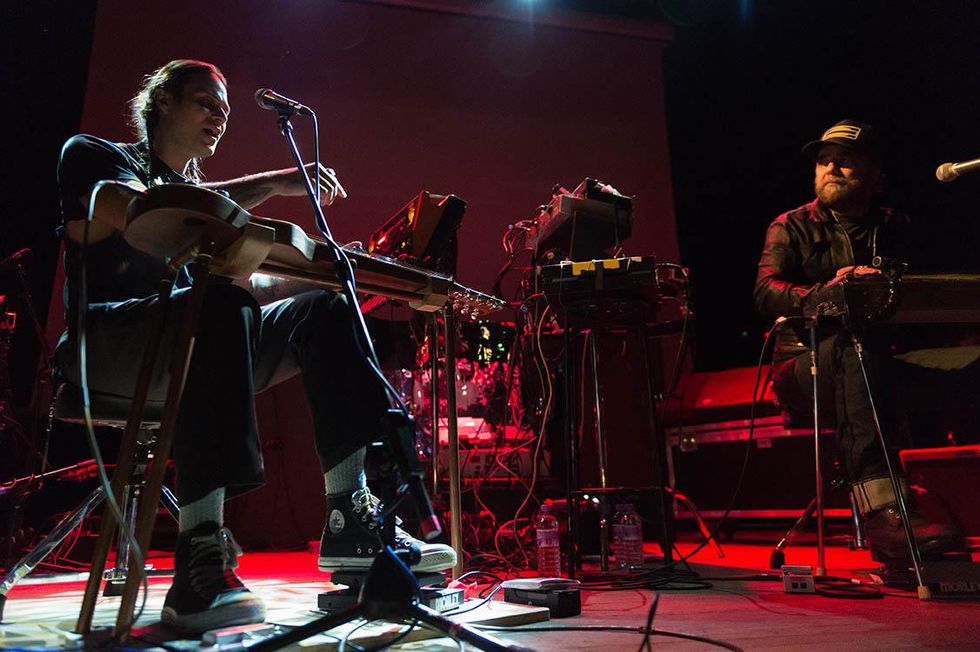
Daniel Lanois onstage with DeLuca in London, around the time they started performing as a duo. The would go on to release the ethereal Goodbye to Language in 2016.
Photo by Simon Reed
DeLuca and Lanois' most recent collaboration is Heavy Sun—released under Lanois' name—which is centered around organist and vocalist Johnny Shepherd, who was the house organist at the Zion Baptist Church in Shreveport, Louisiana. The two guitarists met Shepherd while working together on a modern gospel/Americana live project called The Hallelujah Train, which featured members of the church with a cast of all-star musicians.
"I got to sit next to Johnny [during The Hallelujah Train], and I just fell in love with him. I was hearing everything I love about music in one person, as far as his beautiful voicings, both with his voice and with his organ, and how quickly he can change sounds and colors," says DeLuca. After the project was finished, DeLuca invited Shepherd to Los Angeles and Lanois got involved. DeLuca continues, "I had just helped writing the Rockstar stuff with him [the soundtrack for the Red Dead Redemption II video game]—a song called 'That's the Way It Is,' and the chant for 'Unshaken,' which Dan and D'Angelo fleshed out to become the full version. We were riding high on that, and Dan was like, 'Let's do a record together,' so it got even bigger than what I thought we were going to do."
Shepherd moved to Los Angeles, where they kicked off several years of learning, writing, and recording together, along with bassist Jim Wilson. They focused on their voices as they collaborated to compose material that mixed Shepherd's background in the church with secular songwriting. "We began singing every day around the organ, around Johnny, and it became one of the most beautiful things I'd ever done," says DeLuca. "I had never been that dedicated to singing in four-part harmony every day for that long. After a while, it got very special and it helped me become a better guitar player. I felt like I was learning a lot of really valuable, ancient stuff."
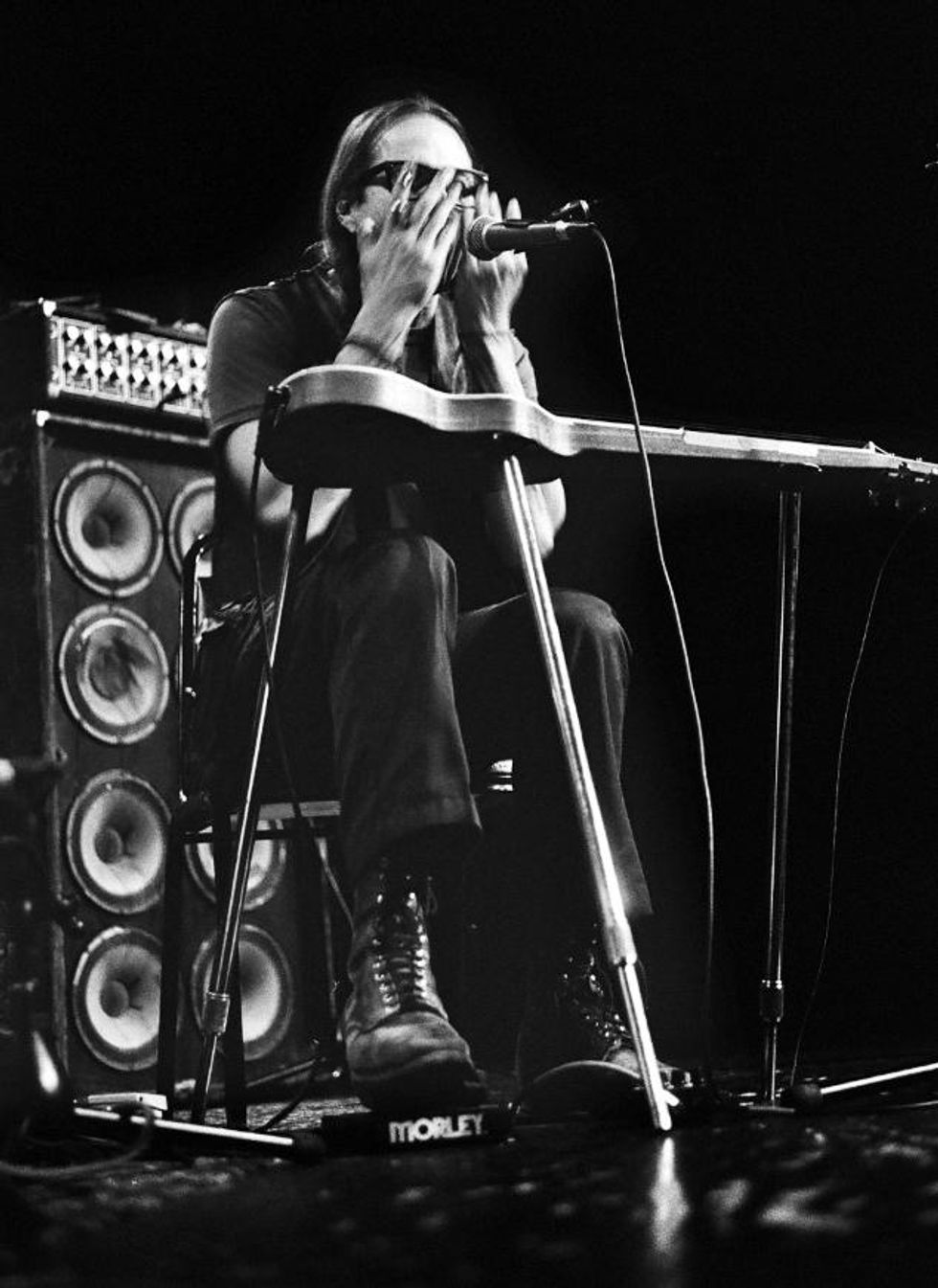
Lap steel, standard round-neck guitar, pedal steel, and harmonica are all within DeLuca's grasp. His recent release, Live Off the Floor, shows what he can do alone with a stash of instruments.
Photo by Robbie Jeffers
After about two years of singing together around the organ, the rest of the band decided to join DeLuca at a residency he was performing at a Los Angeles club, Zebulon. Their guitars started to play a greater role as they brought the songs to a live audience, though they now approached their instruments—DeLuca and Lanois both on their Les Pauls—informed by their vocal practice. DeLuca says, "There was never a need in life to fish for any notes ever again, to try to invent something, because it's all in the voicings of the chord, everything we need. Everything I was looking for, at least. It's in the changes, and you pick the voice you want to use, or the many voices you want to use on a string instrument."
By the time Heavy Sun was complete, the musicians had spent around three years developing the material and bringing it to life. The result is a powerful and moving album that rewards careful listening. The songs feel timeless and the performances resonate amongst Lanois' dub-infused production. It's hard not to be inspired by Shepherd's singing and warm charisma as well as the focus and care taken by Lanois, DeLuca, and their collaborators—namely Wilson and engineer Wayne Lorenz—to nurture the creative process.
With Heavy Sun released, DeLuca joins Shepherd every week on his 12-string pedal steel at the New Revelation Baptist Church in Pasadena, California, where the organist leads services. They've released a single of the meditative, soulful ballad "Liberation," and are finishing up a new collaborative album called Mighty Glad. DeLuca says the process of working with Shepherd has helped him to better serve the music he plays. "Once you serve something, then you have a purpose or an intention, and it's not accidental playing. You can be spontaneous and creative, all those things, but you're not playing accidentally," he explains. "When a player plays like that, their whole thing changes—their dynamics change, pitch changes—and if you isolate them after they've served something and you've pulled out the ingredients, you'd have probably their best playing."
ZEBULON SESSIONS /// ROCCO DELUCA /// MAY 29 2020
Filmed live in Zebulon, the same L.A. club where the Heavy Sun group performed their residency, this video shows Rocco DeLuca delivering late-night desert vibes on his pedal steel, Les Paul Custom, and Pavel Maslowiec– built 8-string baritone lap steel.


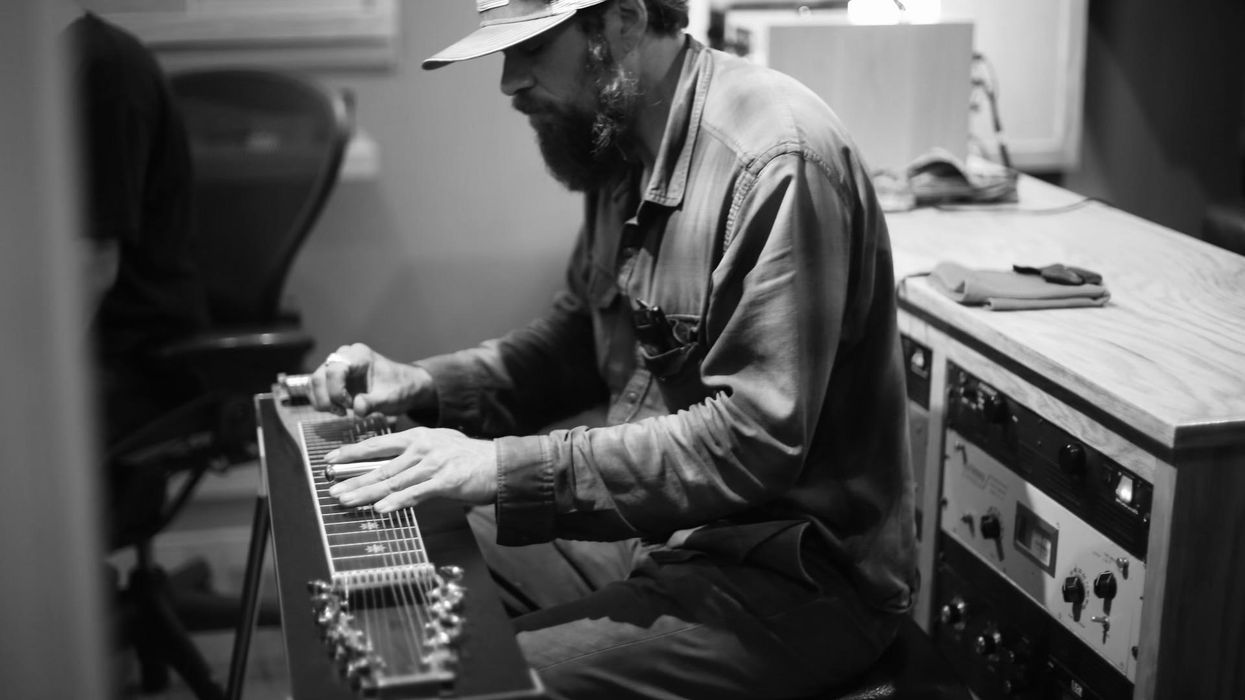











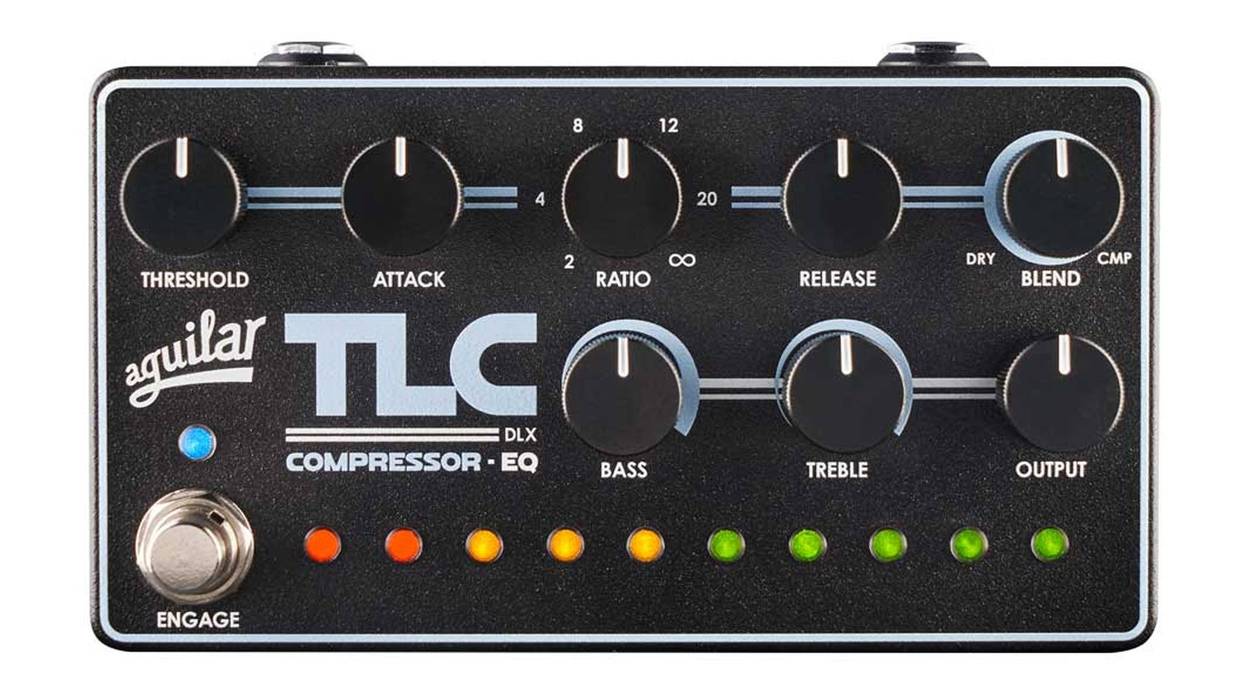
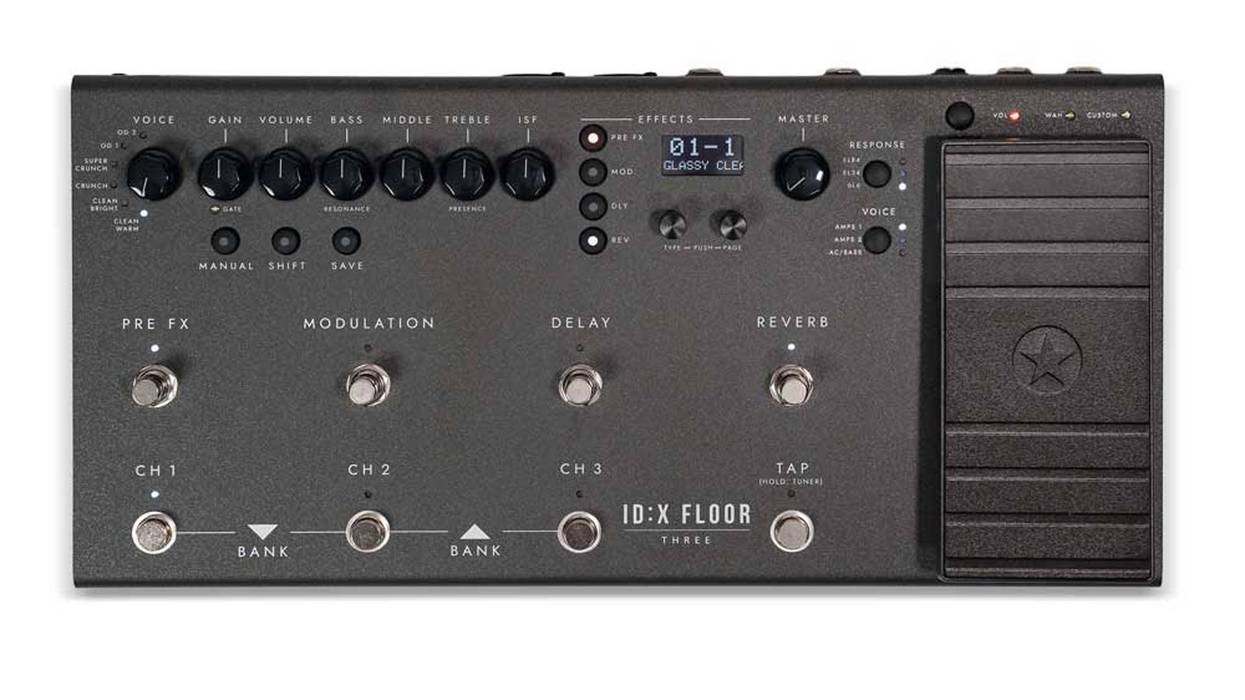
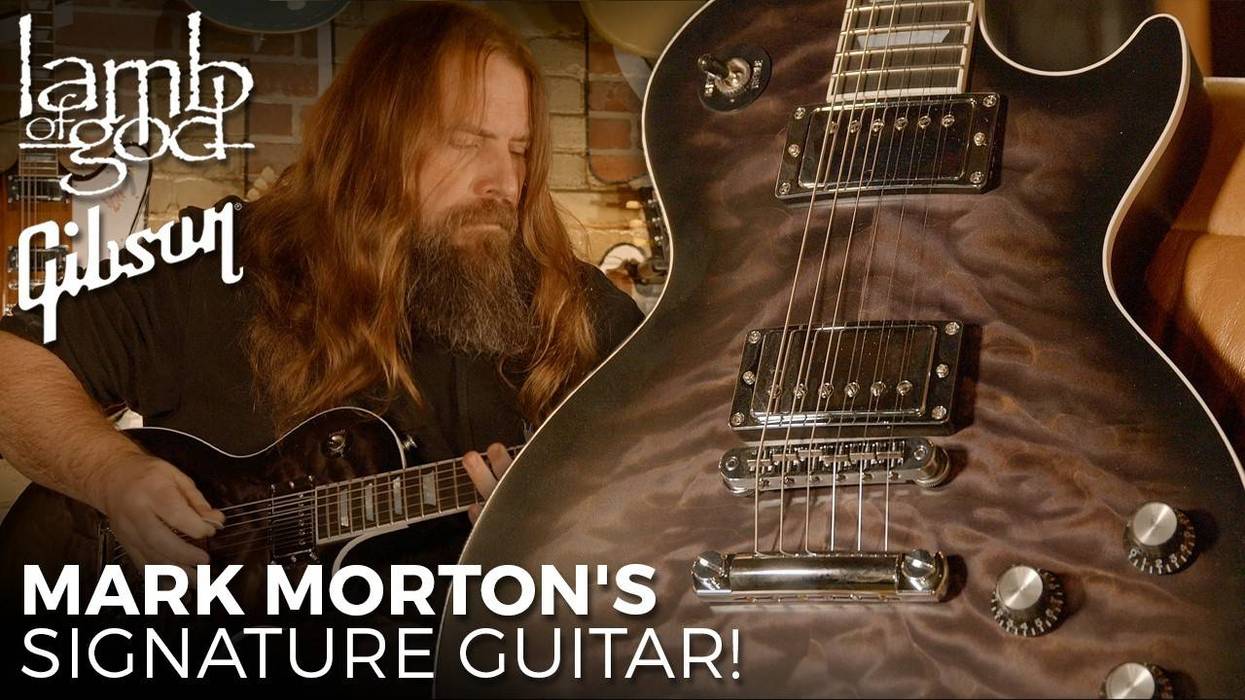



![Rig Rundown: Russian Circles’ Mike Sullivan [2025]](https://www.premierguitar.com/media-library/youtube.jpg?id=62303631&width=1245&height=700&quality=70&coordinates=0%2C0%2C0%2C0)






